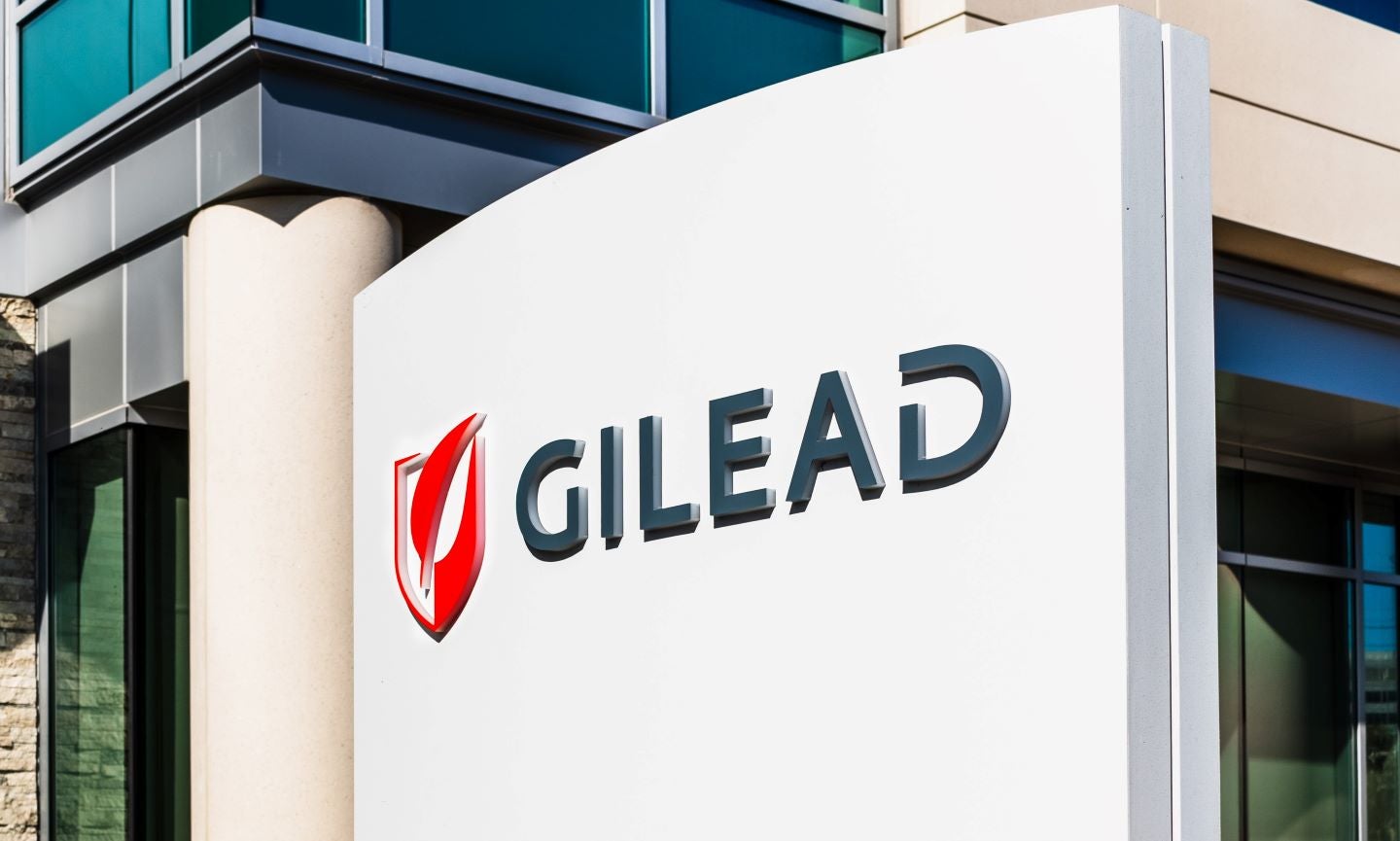
Gilead Sciences has entered into public-private collaborations with the Clinton Health Access Initiative (CHAI) and the Penta ID network to expedite the development and marketing of dispersible HIV treatments for the paediatric population.
The initial collaboration will focus on developing an experimental dispersible paediatric dosage with emtricitabine and tenofovir alafenamide (F/TAF).
The second partnership aims to create investigational formulations of TAF and sofosbuvir (SOF) by removing the bitter taste to become more palatable to children.
The fixed-dose combination therapy will be developed for paediatric HIV patients from low and middle-income countries with a minimum body weight of 3kg.
Gilead will transfer the technology for F/TAF’s dispersible dosage while Penta will focus on creating pharmacokinetic (PK) modelling and clinical trials for the experimental formulation.
CHAI will oversee the treatment’s international access approach through a partnership with two generic manufacturers.
To detect bitterness blockers for TAF and SOF’s paediatric dosages, Gilead is also collaborating with the Monell Chemical Senses Center, the translational cell models group of Eurofins, and CHAI.
Gilead Sciences HIV clinical development vice-president Jared Baeten stated: “By developing medicine formulations that meet the needs of children, and by improving palatability, through these partnerships we have the ability to potentially increase adherence rates in children.
“This collaboration, along with the recent launch of Gilead’s paediatric centre of excellence in Dublin, reflects our deep commitment to the discovery and development of urgently needed treatment options for children living with HIV and other viral infections across the world.”
In February 2023, Gilead received the US Food and Drug Administration’s approval for Trodelvy (sacituzumab govitecan-hziy) to treat breast cancer.
